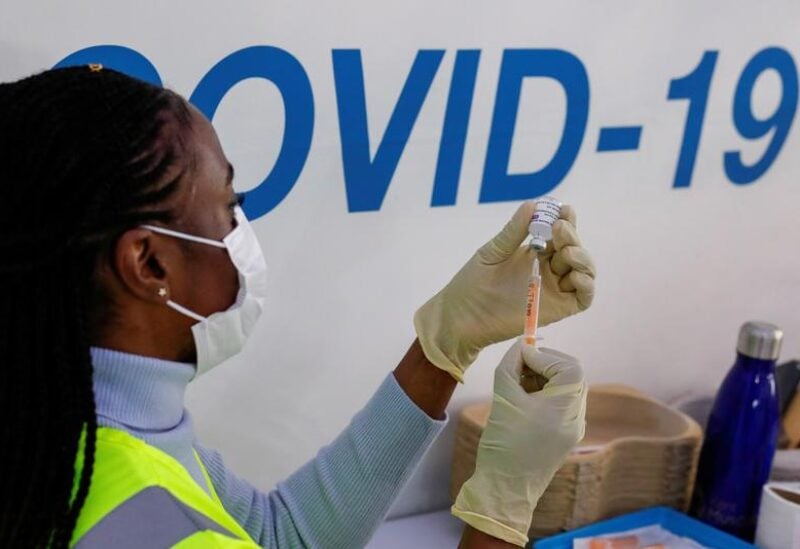
Covid-19
The Covid-19 epidemic is still prevalent, rich countries have a monopoly on vaccines, and the source of the virus is unclear, which prompted the member states of the World Health Organization to hold a meeting next week to search for ways to avoid another disaster.
This seventy-fourth World Health Assembly, which is held virtually as happened last year from May 24 to June 1, “is without doubt one of the most important associations in the history of the World Health Organization,” said WHO Director-General Tedros Adhanom Ghebreyesus.
During the course, many leaders, including heads of state, will speak with the opening of the discussions and the goal: to take note of the world’s inappropriate response to the Covid-19 epidemic and to develop a plan to confront other epidemics in the future.
The big challenge is reforming the World Health Organization, which has reached its limits due to COVID-19. Several countries, especially European ones, are calling for a stronger organization capable of carrying out independent investigations and financially prepared for that.
Currently, only 16 percent of the budget comes from mandatory contributions from states, and the rest from voluntary contributions from donors in the public and private sectors who decide the conditions attached to them.
“The past year was the most difficult in the history of our organization. But it also showed why the world more than ever needs a strong and sustainable global health organization,” said Dr. Tedros.
In addition, several reports by experts that will be presented during the Assembly call for extensive reforms of the warning and prevention systems to avoid the occurrence of another health failure, while several countries still lack the necessary public health capacity to protect their residents and alert the international community and the World Health Organization in a timely manner about potential health risks.
A draft resolution on strengthening the World Health Organization is still under discussion, and it aims in particular to strengthen its central role in coordinating global health crises.
The text, which has not been published yet, is expected to also suggest that states participate – voluntarily at first – in an assessment mechanism for the level of preparedness to confront epidemics in each country by its counterparts, as is the case in the United Nations Human Rights Council.
French Foreign Minister Jean-Yves Le Drian announced this week that “the establishment of a review mechanism by other countries on preparedness for health emergency situations is a view that France fully shares, as it will participate in the pilot phase.”
He also stressed that France called for “the implementation of verification mechanisms on the ground in the event of a crisis.” It is a suggestion that may collide with sensitivities in some countries.
At present, the WHO cannot single-handedly investigate a country. Thus, it took several months of talks with China for a team of independent scientists to visit the place to study the origin of Covid-19, authorized by the WHO.